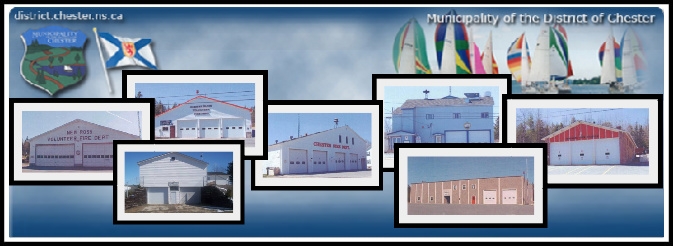First Aid
A first aider is someone that takes charge in an emergency and gives basic first aid. First aiders never diagnose or treat injuries or illnesses. This is the duty of higher medical care givers. A first aider can assist in an emergency by giving first aid to preserve life, preventing illness or injury from becoming worse, and promoting recovery. In Nova Scotia, you do not have a legal obligation to assist some one in need but as our government encourages people to help others in need, they recognize the Good Samaritan Principles. As a Good Samaritan you provide help in good faith because you care.
There are many informative first aid training courses available for those interested in learning how to administer first aid in the home and work settings. For more information on courses that are available please refer to the helpful web sites below;
We have provided basic information on some of the most common medical emergencies that occur today. Within each section is a brief description of the warning signs, symptoms and some helpful first aid tips and suggestions on what you can do and how you can help those in need until the EHS paramedics or other higher level of medical care arrives.
Burns
One of the most painful injuries that one can ever experience is a burn injury. Every year, many of our community members are burned in one way or another. Of those, some may require long term hospitalization or actually die as a result of their burns.
Stroke
A stroke can cause brain damage or death. It is important to recognize the signs of a stroke......
Diabetic Reactions
Insulin is a hormone. It is needed by the body to move sugar out of the bloodstream and into the cells. Without sugar, the cells of the body are unable to function and the body begins to die. There are two types of diabetic reactions.
Epileptic Seizures
Epilepsy is a disorder of the nervous system characterized by seizures. It is important that we are able to recognize these incidents.








